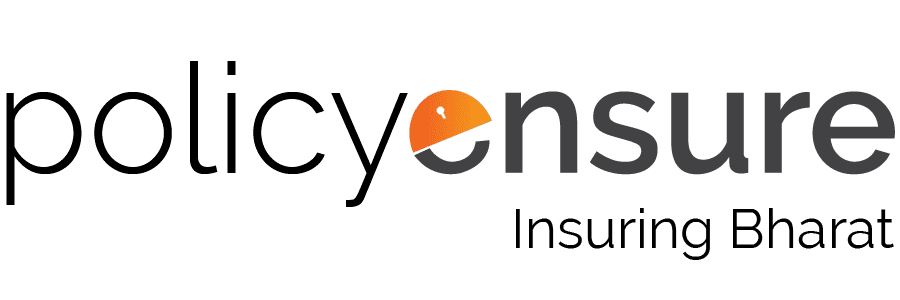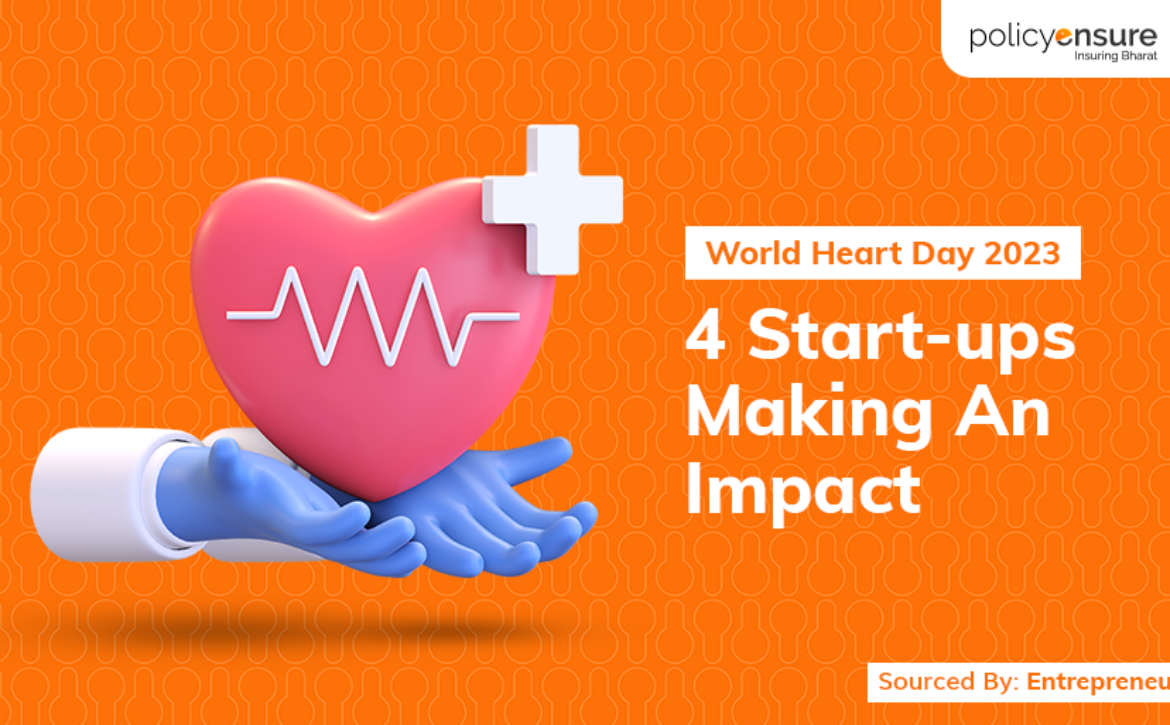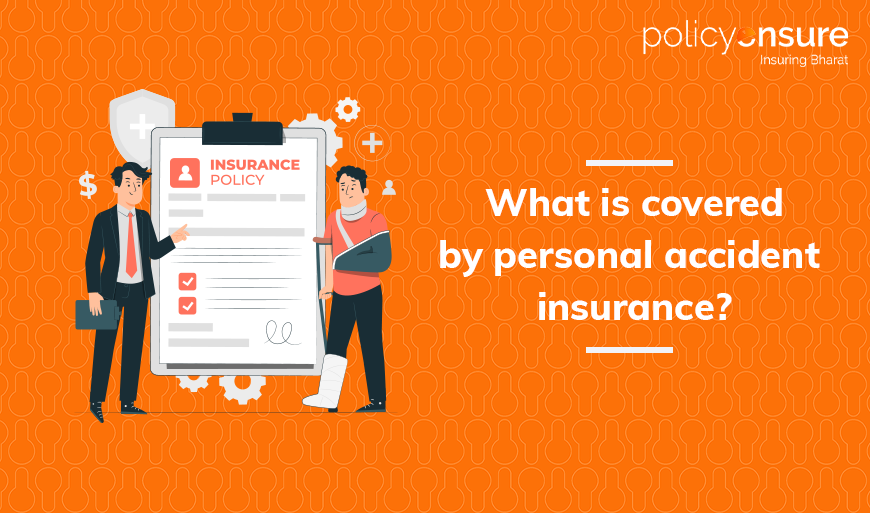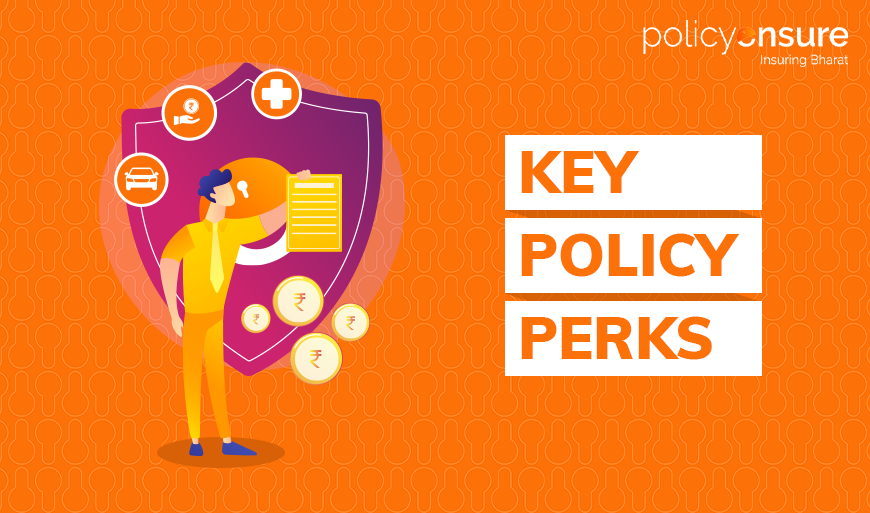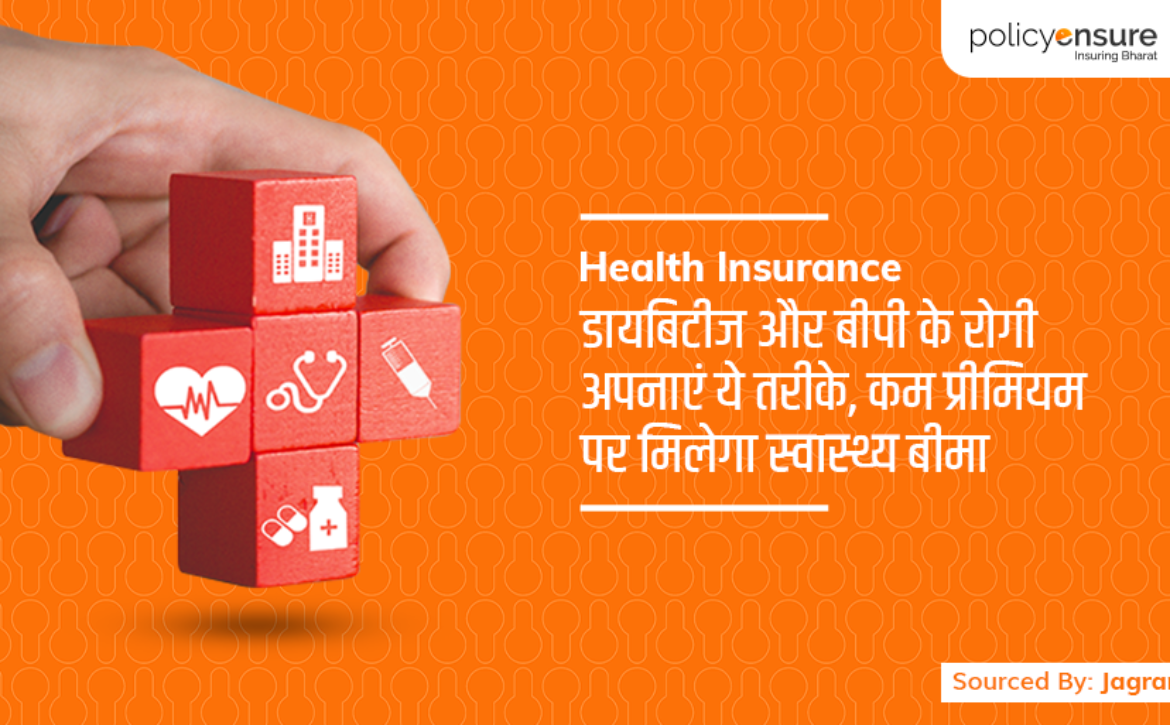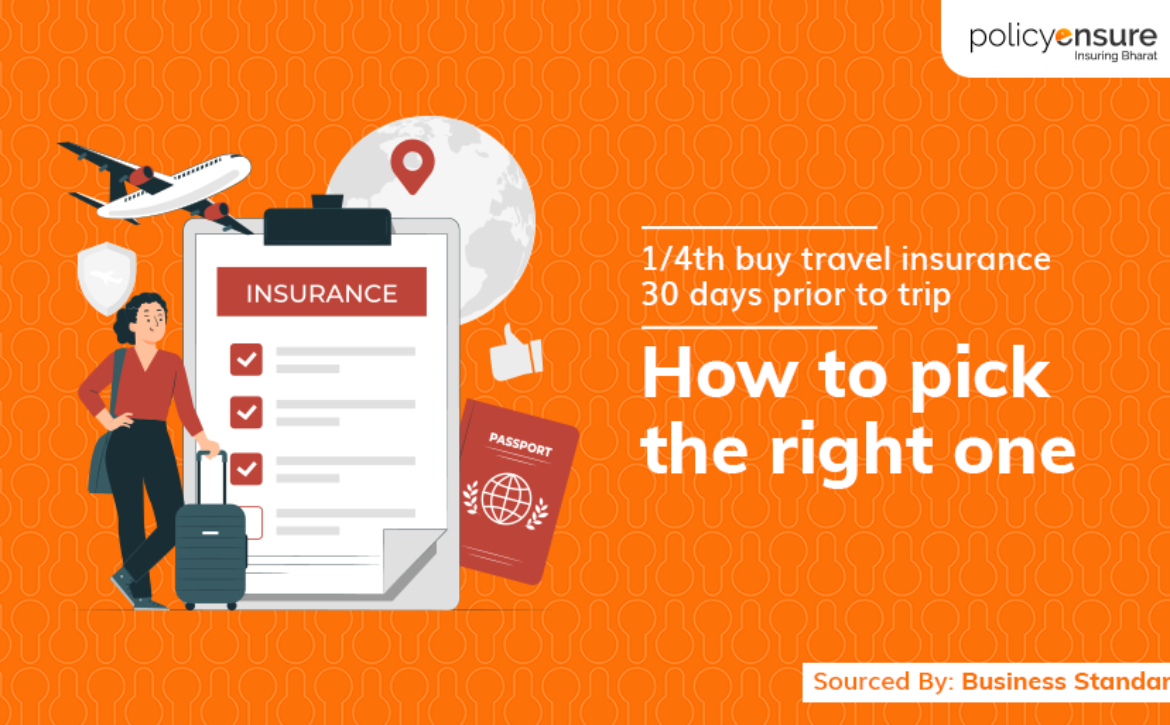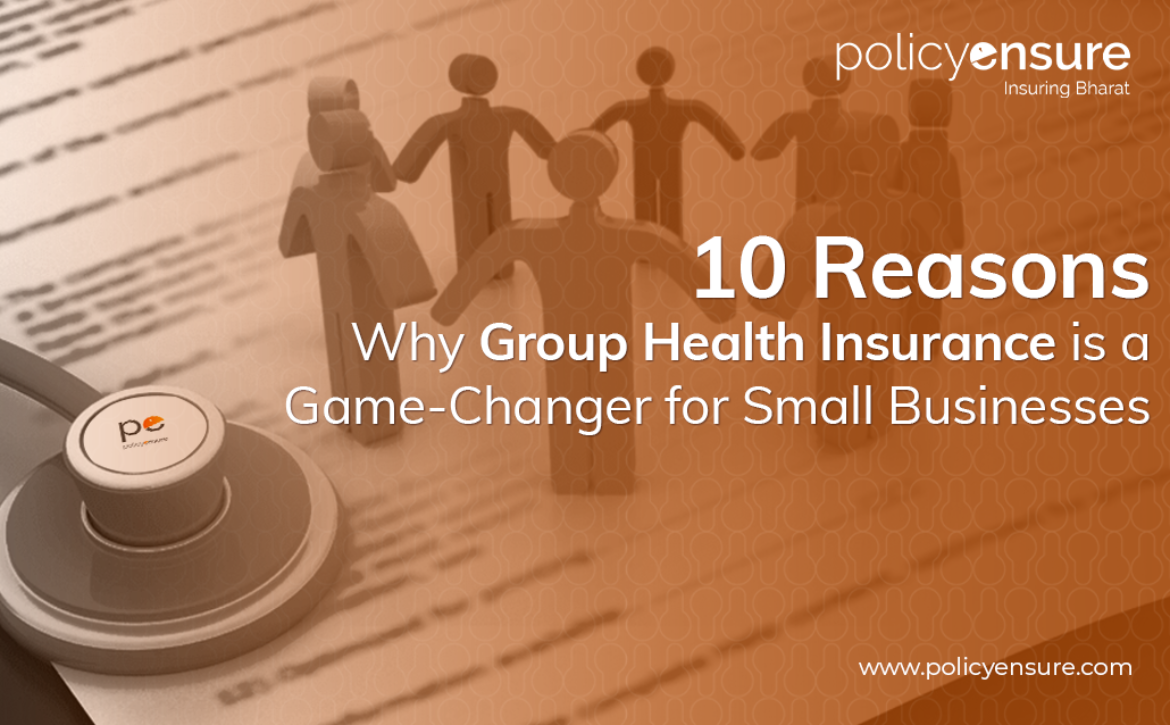World Heart Day 2023: 4 Start-ups Making An Impact
World Heart Day is celebrated by organizing various activities and awareness events globally to raise awareness about heart disease and its preventive measures to manage cardiovascular diseases. Here are 4 startups working towards making a difference.
The day is celebrated by organizing various activities and awareness events globally to raise awareness about heart disease and its preventive measures to manage cardiovascular diseases. The events mainly focus on educating people about the signs and symptoms of cardiovascular disease to avoid any further complications and encouraging people to inculcate a healthy lifestyle to prevent and control any heart-related ailments.
The heart is one of the vital organs of the human body, malfunctioning of it may lead to fatality, so everyone needs to take care of heart health. Due to a lack of awareness about cardiovascular health and certain lifestyle habits, cardiovascular diseases (CVDs) is one of the leading reason for mortality worldwide. Every year, around 1.7 crores people die due to cardiovascular disease, accounting approx 31% of all global mortality.
Heart attack, Stroke and coronary heart disease are some of the most common reasons of death due to cardiovascular disorders. These heart disorders account for nearly 85% of total deaths due to cardiovascular ailments. World Heart Day plays a vital role in creating awareness to educate people across the world to understand the importance of heart health and bringing other organizations together to actively participate in organizing various events to create awareness. Here are 4 startups working towards making a difference.
1. Policy Ensure
Policy Ensure promotes heart-healthy lifestyles by offering health insurance policies that incentivize regular health check-ups, provide coverage for preventive care, and offer discounts on fitness memberships. Rahul M Mishra, Co-Founder and Director, of Policy Ensure shared, “Our educational resources emphasize the importance of exercise, balanced diets, and stress management for overall heart health.” Mental health support and preventive care for chronic diseases often receive insufficient attention in healthcare. “Healthcare disparities in underserved communities need addressing to ensure equitable access to quality care,” he added.
2. Kapiva
Dr Kriti Soni, Head of R&D at Kapiva explained, “At the core of Kapiva, we are committed to catering to overall health and wellness including heart health. We offer products featuring heart-healthy herbs and Ayurveda-approved supplements and endorse stress-reducing practices like yoga and meditation. These holistic approaches align with Ayurvedic principles to empower individuals to achieve lasting heart wellness through balanced living”. She further added, “Many aspects of healthcare tend to be overlooked by the general public. These often neglected areas encompass mental health, preventive care, the management of chronic diseases, and the consideration of social determinants of health. For example, herbs like Ashwagandha help keep stress levels in check, or Cinnamon to keep blood lipid levels like LDL cholesterol in control.” “The goal is to control blood pressure for optimal heart health through Ayurvedic solutions,” she said.
3. KITES Senior Care
Dr Reema Nadiq the Co-Founder and Group Medical Director explained, “We prioritize heart health of our elderly. We promote active and healthy lifestyles in our retirement homes and also at their residences, emphasizing physical and mental well-being, which plays a vital role in heart health as we age.” Parallelly they will soon be launching a remote health tech platform. This innovative solution will enable us to closely monitor the heart health of active seniors, providing real-time support and interventions to ensure their continued well-being and a healthier, happier life.
4. Dozee
CEO and Co-founder, Mudit Dandwate shared, “There is a growing need for the continuous monitoring of cardiac health to prevent cardiovascular diseases and sudden heart failures and heart attacks. Taking into account the fact that undetected cardiac anomalies might fatally affect patients, the utilization of AI-based continuous monitoring technology can enable healthcare providers with early detection and timely intervention.” To that end, Dozee’s AI-based remote patient monitoring (RPM) and early warning system (EWS), developed with the usage of 150-year-old Ballistocardiography (BCG) technology can efficiently monitor the cardiac activity of individuals with clinical grade precision and accuracy. By continuously tracking parameters such as blood pressure, heart rate/pulse rate, SpO2, respiration rate and temperature, we offer a comprehensive solution for continuous cardiac health monitoring, allowing healthcare providers to intervene timely and prevent cardiovascular diseases, sudden heart failures, and heart attacks.
